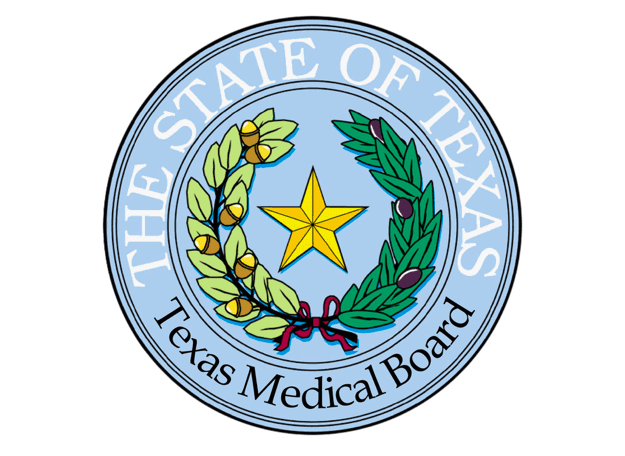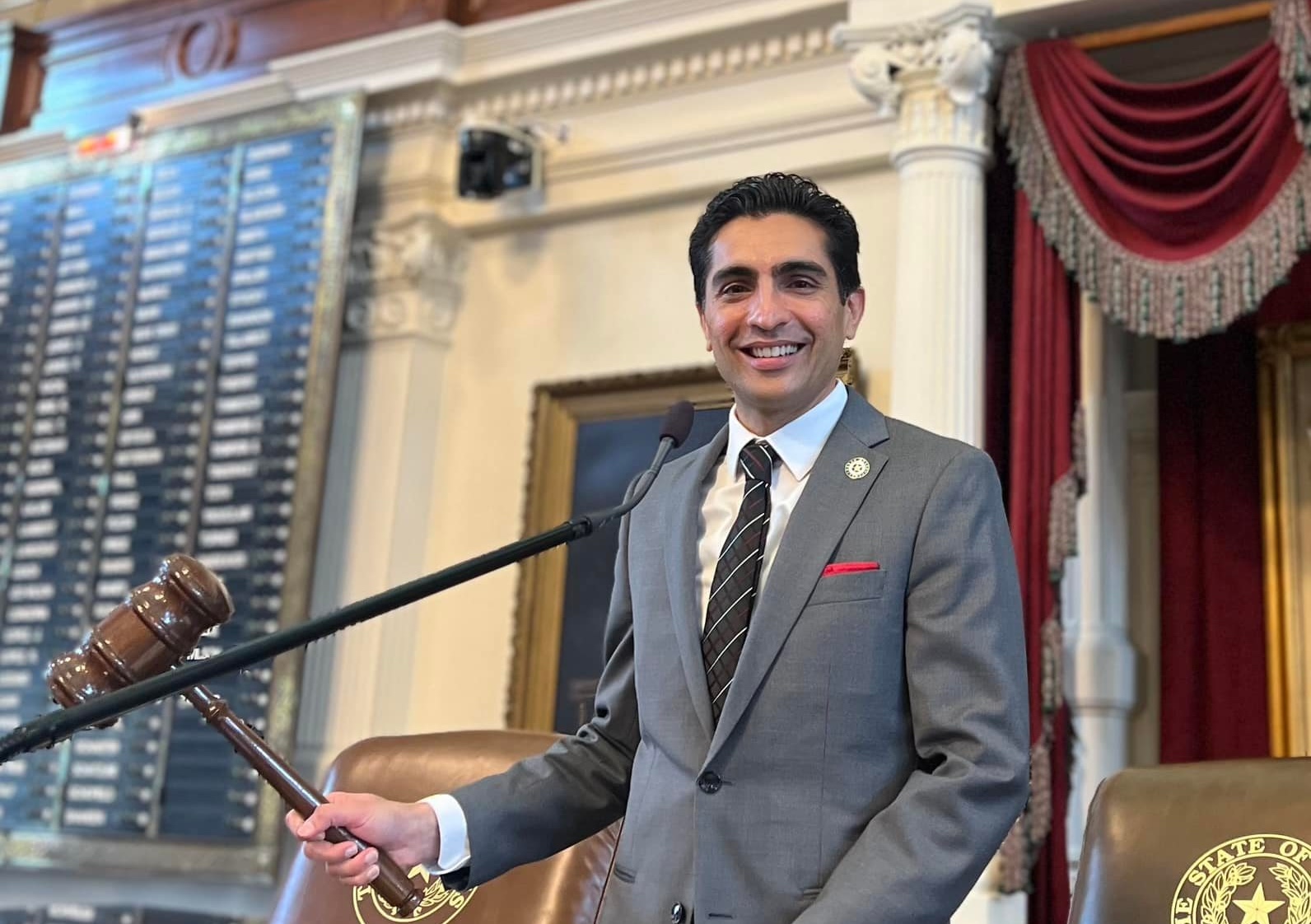While COVID exposed some serious government agency shortcomings, among the most egregious is that of the Texas Medical Board (TMB).
The need for significant TMB reform is not new, and it is time to stop kicking this can down the road. It is well past time for the Legislature to step up and take the action necessary to protect the people of Texas.
The TMB is an unelected bureaucracy that operates behind closed doors with no independent oversight for accountability.
Recent in-depth investigations by independent journalists revealed that TMB has ignored or overlooked serious and dangerous actions by multiple doctors that caused harm to patients.
Yet, TMB continues to vigorously pursue investigations and take punitive action for trivial hearsay complaints that have harmed no one. Many of these trivial second- and third-party complaints are pursued without the TMB verifying that the so-called patient existed or even saw the doctor.
Thus, time and resources are spent aggressively chasing down second-, third- and even fourth-hand complaints from people who have no direct knowledge of what took place between the doctor and the patient.
Then, in an attempt to justify what they know are unjustifiable investigations, the TMB demands the doctor to provide a broad response to a request for files and records in hopes that something can be found to justify the investigation.
Unfortunately, these “fishing expedition” investigations cost the doctor time and money. They also waste TMB’s time and resources that could have been used to protect patients from doctors like James Pierre, David Butler and Christopher Duntsch.
During a meeting with one TMB executive, we discussed an investigation that did not involve harm to a patient. He seemed more concerned that TMB rules might have been broken than whether or not harm had been done to a patient.
This response explains a lot about the motives of TMB, and it alone is a good reason for major TMB reform.
While many changes are needed, true transparency in the TMB’s investigatory process is paramount. Changes need to be made to the way complaints are filed and the structure and conduct of the TMB review panel.
The following changes to the complaint process would help prevent frivolous complaints from being filed against physicians:
- Eliminate confidential complaints. The person who is making the complaint is as important as the complaint itself.
- Require complaints to be sworn statements and notarized.
- Require TMB to provide an exact copy of the complaint to the doctor in the initial letter sent from TMB to the doctor being investigated.
- Eliminate third- and fourth-hand complaints.
- Only accept second-hand complaints from family members and caretakers and only with patients’ concurrence.
- Eliminate “fishing expedition” investigations.
Additionally, TMB should adopt a top tier policy of “no harm, no foul,” where no disciplinary action is taken unless a patient is harmed. This would eliminate instances in which doctors are investigated and punitive action (often labeled as training) is taken when doctors have simply exercised their First Amendment right, as well as their informed medical judgment, to express a non-conventional opinion.
Texas should decouple itself from mandatory compliance requirements of world or federal health agencies, publications, organizations, or directives. TMB also must be prohibited from establishing new rules, or interpretation of old rules, without going through the formal rule-making process.
Restructuring the review panel process, with the following recommendations, would help ensure a non-biased review of allegations made against physicians:
- Ensure a minimum of eight active doctors with equivalent certification.
- Allow the doctor being investigated the right to reject any proposed panel member.
- Require the panel to review charges concurrently and independently.
- Require a super-majority of the board to convict.
Another way to increase patient care and doctor’s practice is to include the following meaningful measures to the Patients’ Bill of Rights:
- Right-to-try.
- Right to doctor of their choice.
- Freedom from discrimination or intimidation due to immunization status or medical decisions.
- A doctor complying with a patient’s legal request should not be subjected to TMB punishment.
- Right to unrestricted visitation by at least one person at a time, anytime.
Doctors spend tens of thousands of dollars to litigate TMB investigations, even when there is no legitimate basis for the investigation in the first place. This takes away their ability to provide care to patients.
By implementing these changes to the TMB investigatory and review processes, patients will receive better quality of care and doctors will not have to fear unfounded investigations. These changes would also allow TMB more time and resources to pursue investigating doctors who do harm patients.
This is a commentary published with the author’s permission. If you wish to submit a commentary to Texas Scorecard, please submit your article to submission@texasscorecard.com.





